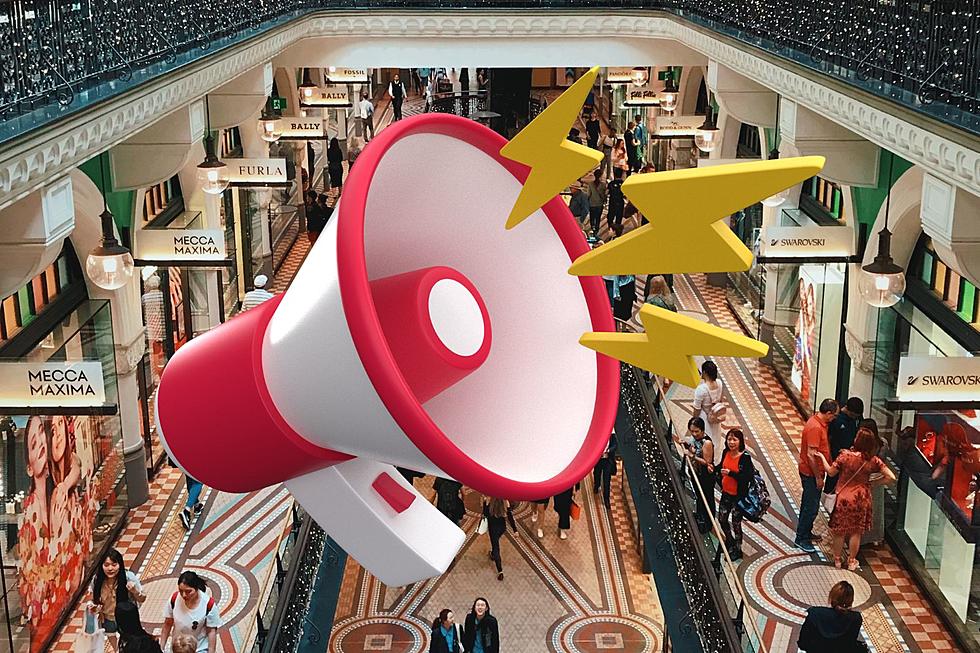![Return Fraud Costs Retailers Nearly $9 Billion [AUDIO]](http://townsquare.media/site/385/files/2013/07/158637117.jpg?w=980&q=75)
Return Fraud Costs Retailers Nearly $9 Billion [AUDIO]
The hustle and bustle of the holiday shopping season is well underway, but as retailers try to entice customers into their stores, they run the risk of losing billions of dollars due to return fraud.
According to the National Retail Federation's (NRF) 2013 Return Fraud Survey, stores stand to lose about $8.76 billion this year, $3.39 billion during the holiday season alone. Overall, 5.8 percent of holiday returns are fraudulent, up slightly from 2012.
"While coverage of this issue paints return fraud as one of the less severe retail crimes, the fact of the matter is that returning used or stolen items or even using false tender to purchase items is fraud, period," said Rich Mellor, NRF's vice president of loss prevention. "Recent efforts to combat fraudulent activity are slowly starting to work, but criminals are becoming more savvy and technologically advanced in their methods, making it even more difficult for retailers and law enforcement to keep up with the growing problem."
According to the survey, nearly 94.8 percent of retailers polled said they experienced the return of stolen merchandise in the last year, and 69 percent experienced the return of merchandise purchased on fraudulent or stolen tender.
Employee return fraud and collusion with others can be big problems as well. In fact, nine in 10 said they dealt with those issues over the past year.
So-called "wardrobing" is yet another problem. That refers to the return of used, non-defective merchandise, including special occasion apparel and certain electronics.
"The good news is, retailers have improved their internal tracking of purchase history and return history," said Mellor. "So, if individuals are returning merchandise regularly or attempting to return items that they haven't purchased, the store can identify that and can shut down the transactions if they detect someone is taking part in this behavior on a regular basis."
Retailers estimate that every year, 13.9 percent of returns made without a receipt are fraudulent, which has forced many to adopt policies requiring customers to show identification when they return merchandise.
More From New Jersey 101.5 FM









